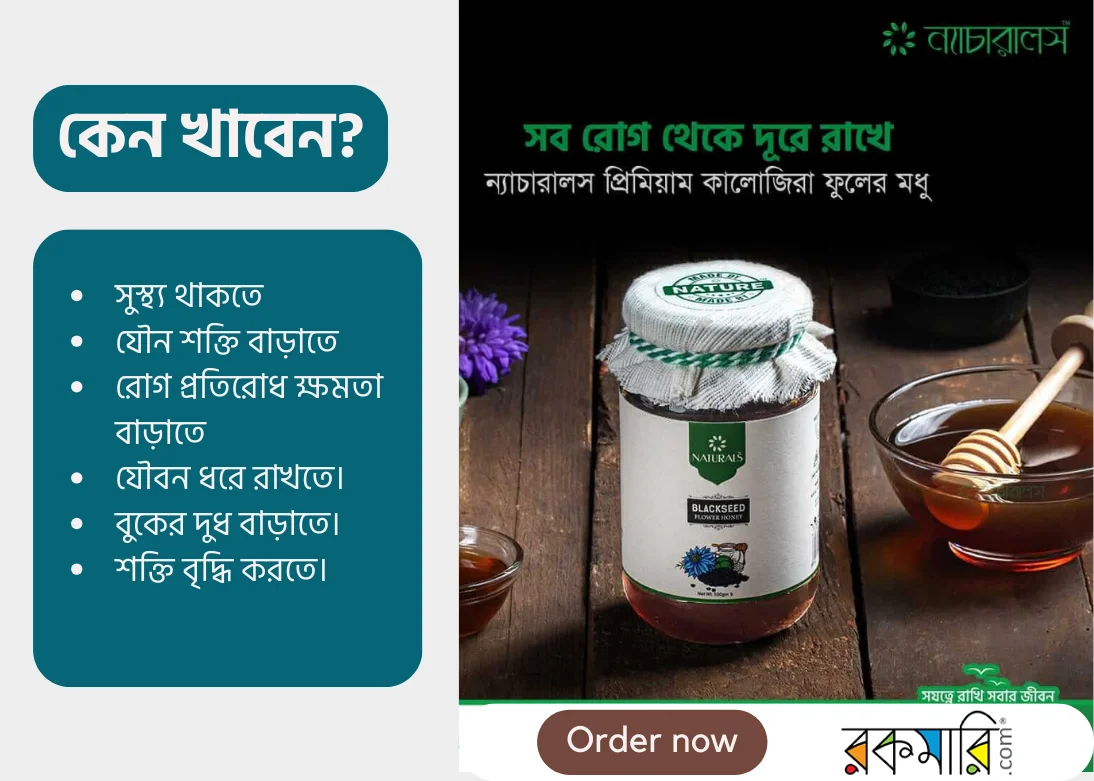Amikast 10 mg Tablet

Pharmacology
Amikast 10 mg Tablet is a selective and orally active leukotriene receptor antagonist that inhibits the cysteinyl leukotriene receptor (CysLT1). The cysteinyl leukotrienes (LTC4, LTD4, LTE4) are products of arachidonic acid metabolism and are released from various cells, including mast cells and eosinophils. Cysteinyl leukotrienes and leukotriene receptor occupation have been correlated with the pathophysiology of asthma & allergic rhinitis, including airway edema, smooth muscle contraction, and altered cellular activity associated with the inflammatory process, which contributes to the signs and symptoms of asthma.
Indication
Amikast 10 mg Tablet is a leukotriene receptor antagonist indicated for:
- Prophylaxis and chronic treatment of asthma in patients 12 months of age and older.
- Acute prevention of exercise-induced bronchoconstriction (EIB) in patients 6 years of age and older.
- Relief of symptoms of Allergic Rhinitis (AR): Seasonal Allergic Rhinitis (SAR) in patients 2 years of age and older, and perennial allergic rhinitis (PAR) in patients 6 months of age and older.
Dosage
By indications
- Asthma: Once daily in the evening for patients 12 months and older.
- Acute prevention of EIB: One tablet at least 2 hours before exercise for patients 6 years of age and older.
- Seasonal Allergic Rhinitis: Once daily for patients 2 years and older.
- Perennial Allergic Rhinitis: Once daily for patients 6 months and older.
By age:
- 15 years and older: One 10mg tablet.
- 6 to 14 years: One 5mg tablet.
- 2 to 5 years: One 4 mg tablet.
Administration
Route of administration: Oral. Amikast 10 mg may be taken with or without food or as directed by the physician.
Price in Bangladesh
Unit Price: ৳ 15.00 (50’s pitch: ৳ 750.00)
Interaction
Amikast 10 mg may be administered with other therapies routinely used in the prophylaxis and chronic treatment of asthma. In drug-interaction studies, the recommended clinical dose of Amikast 10 did not have clinically important effects on the following medicinal products: theophylline, prednisone, prednisolone, oral contraceptives, terfenadine, digoxin, and warfarin.
Caution should be exercised, particularly in children, when It is coadministered with phenytoin, phenobarbital, and rifampicin.
Contradiction
It is contraindicated in patients who are hypersensitive to any component of this product.
Side Effects
Amikast 10 mg appears to be well tolerated. In clinical trials, the most common adverse effect reported was a headache, occurring in approximately 18% of patients. Rash, dyspepsia, dizziness, pharyngitis and abdominal pain were all reported in less than 2% of patients.
Elevated liver transaminases have been reported with Montelukast Sodium use, but not at a greater incidence than with placebo. A small percentage of pediatric patients have experienced diarrhea, sinusitis and otitis media during Amikast 10 mg clinical trials.
Pregnancy & Lactation
It is classified as pregnancy category B. The drug has been shown to cross the placenta of pregnant rats and rabbits, but there have been no reports of its use in pregnant women. It is also known to be excreted into breast milk, but only limited information is available on the significance of this finding. Caution should be used prior to initiating Amikast 10 mg therapy in nursing mothers.
Precautions & Warnings
Amikast 10 mg is not indicated for use in the reversal of bronchospasm in acute asthma attacks, including status asthmaticus. Patients should be advised to have appropriate rescue medication available.
Storage
Store below 30° Cat in a cool and dry place, away from light and moisture. Keep out of reach of children.



